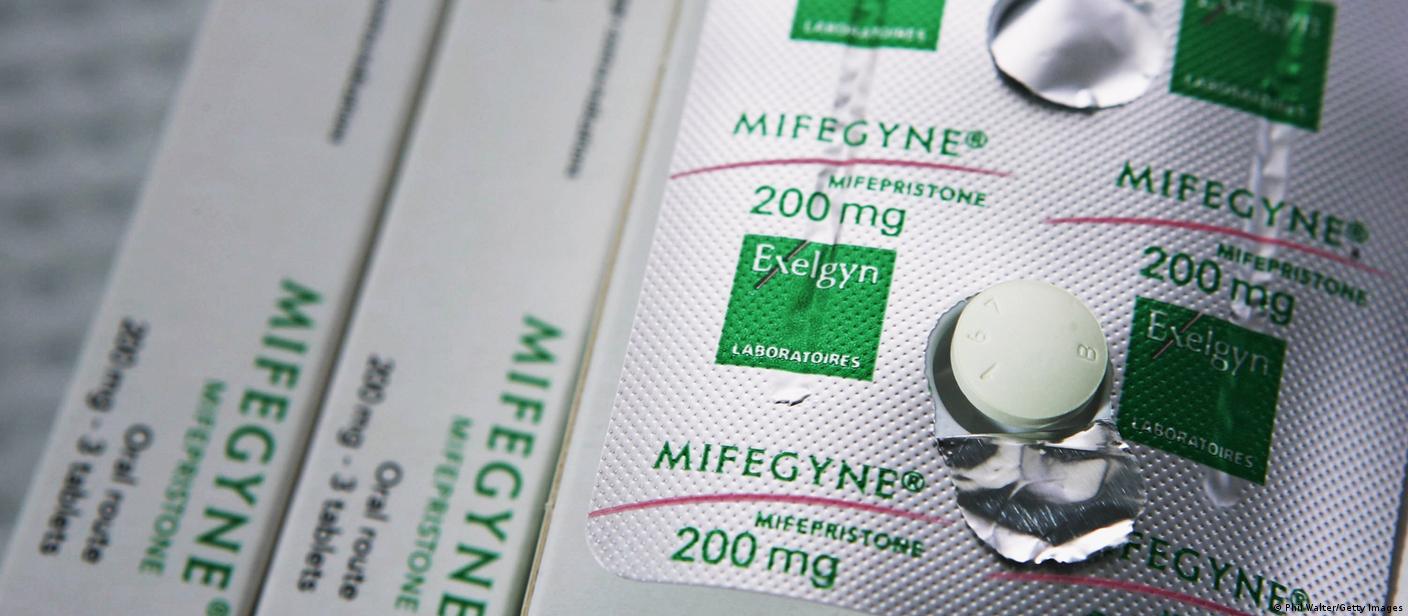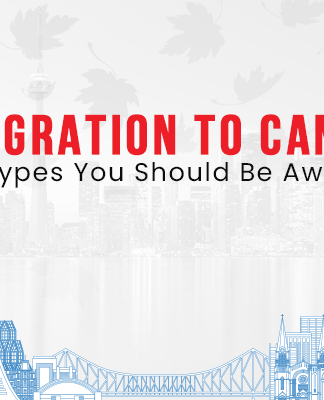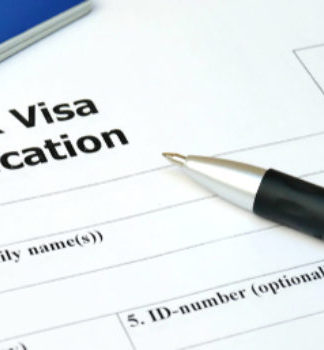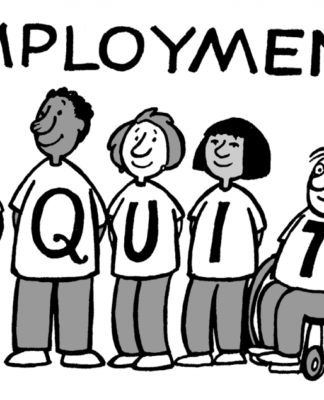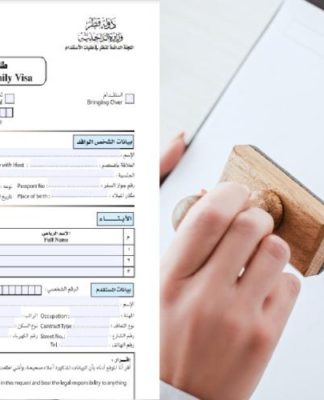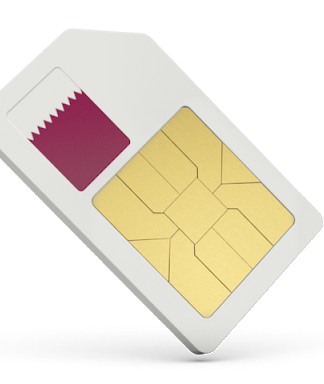A packet of abortion pills
HEALTHUNITED STATES OF AMERICA
US rights groups welcome easier access to abortion pill
Ines Eisele
01/07/2023January 7, 2023
The US Food and Drug Administration recently made access to abortion pills easier. Abortion rights groups say that’s a “game changer.”
https://p.dw.com/p/4Lqbm
Abortion pills will soon be available for sale at retail pharmacies for the first time in the United States, after an announcement by the Food and Drug Administration, or FDA, earlier this week. Pharmacies will have to have apply for certification to sell them. However, there’s a major caveat: The medication can only be sold in states where it is not prohibited.
Following a Supreme Court ruling in June, access to abortion is now decided on the state level in the US. After the court overturned the landmark Roe v. Wade ruling from 1973, which held that access to abortions is a constitutional right, several conservative states have used the opportunity to decrease access to abortions or forbid them outright.
Until the FDA’s decision, medications that induce abortions were only available from approved doctor’s offices, clinics and pharmacies that can ship the medicine. But that still doesn’t mean that everyone who wants an abortion will be able to do so. Patients will be required to present a prescription from a certified physician.
Abortion pills ‘step in the right direction’
Planned Parenthood, the nonprofit organization that provides reproductive health care in the US and worldwide, described the move as a “step in the right direction for health equity.”
It went on to say that “being able to access your prescribed medication abortion through the mail or to pick it up in person from a pharmacy like any other prescription is a game changer for people trying to access basic health care.”
A woman shouts at another woman at a protest in front of the US Supreme Court buildingA woman shouts at another woman at a protest in front of the US Supreme Court building
Abortion-rights and anti-abortion activists have often clashed at demonstrations nationwide, including in WashingtonImage: Evelyn Hockstein/REUTERS
The anti-abortion organization SBA Pro-Life America released the following statement: “Abortion activists want to turn every post office and pharmacy into an abortion business, and the Biden FDA is a willing participant — even while studies show emergency rooms are being flooded with women suffering from serious, life-threatening complications caused by abortion drugs.”
The claims from SBA not only contradict information from the FDA, but also from the World Health Organization and the nongovernmental humanitarian organization Doctors Without Borders.
Home-based medical abortions supported by WHO
The majority of the medications include the active ingredients mifepristone and misoprostol. Two pills are to taken with a space of about 24 to 48 hours between each dose. Mifepristone stops the pregnancy from progressing by blocking the hormone progesterone, and causes the pregnancy to separate from the wall of the womb. Then a dose of misoprostol induces cramping and bleeding in the uterus, which expels the embryo.
In the US, such medical abortions are only allowed until the 10th week of a pregnancy. That time frame is similar throughout the country. According to French news agency AFP, experts estimate that more than half of all pregnancies in the US are currently terminated with abortion pills. These pills replace many medical procedures in other countries as well.
A CVS pharmancy in Queens, New YorkA CVS pharmancy in Queens, New York
Abortion pills will be available in pharmacies in states where the procedure remains legalImage: Ron Adar/SOPA/Zumapress/picture alliance
Medication that allows for self-administered abortions have wide appeal because they are simple to carry out, more affordable and allow for greater privacy. A WHO report states: “WHO recommends that individuals in the first trimester (up to 12 weeks pregnant) can self-administer mifepristone and misoprostol medication without direct supervision of a health-care provider.”
That means that abortions that are medically sound and self-administered are actually supported by the WHO. A report from the organization maintains that “for select health services, incorporating self-care can be an innovative strategy to strengthen primary health care,” particularly in countries with overwhelmed health care systems.
But in many countries, abortions carried out at home are illegal. In Germany, for example, consumption of abortion pills must be overseen by a doctor.
‘I wanted to feel safe’
A Twitter user from the US who goes by Brooke shared her abortion story with DW.
“I had found out that I had something called a blighted ovum. My body had created a gestational sac, but there was no embryo. But my body thought I was pregnant. It’s my understanding that usually your body recognizes that it isn’t a true pregnancy at around seven-12 weeks, and you start naturally miscarrying.” But Brooke didn’t miscarry naturally, and she wanted to avoid being poked and prodded by doctors.
“I wanted to feel safe,” she said. “I also had my daughter to think of, and during the height of COVID did I want to go to the hospital and expose her to whatever illness was there? Could I even find child care?”
Due to lockdowns and infection risks during the coronavirus pandemic, some countries made exceptions allowing easier access to abortion pills. As a result, it was temporarily possible for women to take the pills in their homes after undergoing consultations on the telephone or online.
But in many places, especially in countries where abortion access is already illegal or severely restricted, women had even more difficulties during the pandemic than they’d previously experienced.
Pills by mail
It’s also possible to order abortion pills online. The women’s rights organization Women on Web offers a variety of services on its online platform in 22 languages. They even offer online medical consultations and ship medications.
Due to the efforts of this group and others like them, many women were able to get around abortion restrictions. Traveling to other countries — or in the case of the US, to other states — aided them as well.
Several protesters hold abortion-rights signs at a rallySeveral protesters hold abortion-rights signs at a rally
The overturning of Roe v. Wade in 2021 resulted in many states banning abortion entirelyImage: Mati Milstein/NurPhoto/picture alliance
Many women have to be resourceful in order to gain access to abortions, and not all of them are fortunate enough to do so in a safe manner. Abortion restrictions and bans do not actually lead to fewer abortions, but instead result in more of them taking place under more dangerous conditions. These include illegal surgical procedures, or the use of tinctures and chemicals that haven’t been approved. According to estimates from the WHO, 45% of all abortions are carried out under unhealthy and even life-threatening circumstances.
‘Self-managed abortion with pills is as safe and effective as facility-based care’
That’s why Manisha Kumar, the director of the Doctors Without Borders Task Force for Safe Abortion Care, describes abortion pills as a “game changer” that could “revolutionize” women’s ability to safely terminate pregnancies. “There is growing evidence that self-managed abortion with pills is as safe and effective as health facility-based care,” Kumar explained in a recent article.
“Unfortunately, they’re also the best-kept secret about abortion. Many people still don’t know what an abortion with pills is, how it works, or how safe it is. Legal restrictions and bans, social stigma, and unnecessary medical requirements also limit access.”
“These barriers disproportionately impact the most marginalized: people of color, people living in poverty, adolescents, people living in rural areas, and those affected by crisis or conflict,” she added.
This article was originally published in German.














